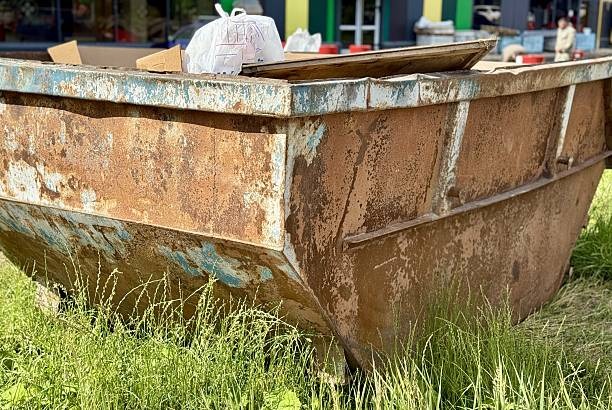Construction projects in rural areas come with their own set of unique challenges. From limited road access to longer supply lines, every detail requires careful planning to keep things on schedule and within budget. One aspect that often gets overlooked is waste management. While urban job sites may benefit from frequent municipal pickups or nearby disposal facilities, rural sites don’t have that luxury. That’s why coordinating dumpster logistics is critical for rural construction success.
The Challenges of Waste Management in Rural Areas
1. Distance to Disposal Facilities
Unlike urban projects, rural construction sites are often far from landfills or recycling centers. Hauling debris without a dumpster means multiple trips, higher fuel costs, and wasted labor hours.
2. Limited Access Roads
Narrow, unpaved, or winding roads can make it difficult for large trucks to deliver and pick up dumpsters. Planning ahead for placement and access is essential.
3. Varied Waste Streams
Rural projects often involve a mix of materials—wood, concrete, roofing, and even land-clearing debris like stumps and soil. Without proper container planning, waste can pile up quickly and create safety hazards.
4. Extended Project Timelines
Rural construction projects often take longer due to weather delays, supply chain issues, or workforce availability. This means dumpsters may need to stay on-site longer than in urban projects, requiring flexible rental terms.
Strategies for Effective Dumpster Logistics
1. Choose the Right Dumpster Sizes
Smaller rural projects may only need a 10- or 15-yard container, while larger builds or farm renovations may require 30- to 40-yard dumpsters. Matching the container size to the project scope prevents costly overflow or underutilization.
2. Plan for Placement
Before delivery, survey the site to identify accessible, stable ground for the dumpster. Gravel pads or cleared areas often work best to support heavy loads and truck access.
3. Stagger Deliveries and Pickups
For projects with multiple phases—demolition, framing, roofing, and finishing—schedule dumpsters for each stage. This ensures waste doesn’t pile up and keeps the site organized.
4. Consider Specialized Dumpsters
Concrete, roofing shingles, and yard debris often require dedicated containers. Using multiple dumpsters for specialized materials can reduce disposal costs and improve recycling opportunities.
5. Work with a Flexible Provider
Rural projects rarely follow exact timelines. Partnering with a dumpster rental company that offers flexible terms and responsive service ensures you can adjust your waste management plan as needed.
Why Work with Temporary Dumpster?
When it comes to rural job sites, reliability matters. Temporary Dumpster provides contractors and builders with a wide range of roll-off dumpster sizes, flexible rental periods, and transparent pricing. Their logistics team understands the challenges of rural access and works with you to ensure dumpsters are delivered and picked up safely, even in hard-to-reach locations.
With their construction dumpster rental services, you’ll have the right containers for every phase of your rural project—whether you’re clearing land, pouring foundations, or finishing interiors. By streamlining waste management, Temporary Dumpster helps keep rural construction projects on schedule and stress-free.
Rural construction projects demand extra planning, and waste management is no exception. By carefully coordinating dumpster sizes, placement, and scheduling, contractors can save time, reduce costs, and maintain safer job sites.
With the support of trusted providers like Temporary Dumpster, even the most remote construction sites can benefit from efficient, reliable waste management. The result? Cleaner job sites, smoother workflows, and projects that finish on time and on budget.


